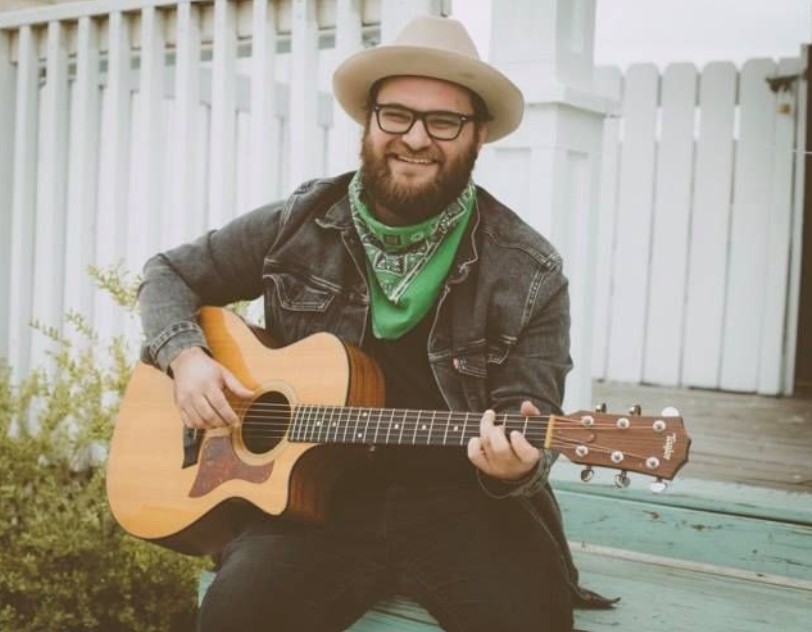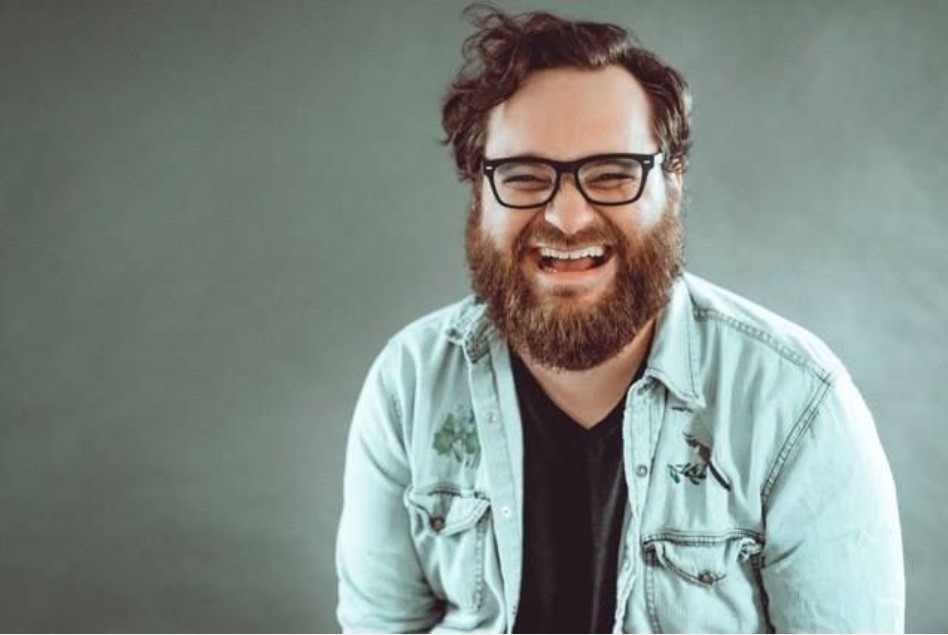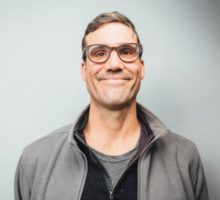A Dramatic Shift
Last year’s shutdown forced reflection on many people, representing a punctuation mark in the status quo of many businesses. For musicians, the closure of performing venues sent them back to the drawing board to find ways to connect with fans and earn a living. Droves of modern Luddites became adept at live-streaming and leaned on social media to maintain those in-person relationships that act as the heart and soul of the performing arts.

Fort Worth singer-songwriter Jacob Furr has been known to pack up his car and head out of town for days and weeks at a time to play songs all over the country. With regular showcases at Magnolia Motor Lounge and The Post, his career for the past decade has been a saga of earning fans and adulation one song at a time.
Releasing his poignant EP “Return” on March 13, 2020, the collection concludes a powerful musical trilogy formed along with his previous records, 2014’s “Trails and Traces” and “Sierra Madre” from 2018. However, Furr’s touring plans for the year came crashing down only days later.

photo credit D. Anson Brody
Content with the pattern of writing tunes and booking gigs to showcase them and support himself, Furr had never thought much about teaching. But the lockdown necessitated a dramatic shift in perspective.
“While I’ve grown to love it, I never wanted to teach before this,” he explained.
For most of the past year, the talented musician has been teaching principles of music using guitar and ukulele at Grapevine Performing Arts. The ukulele has become a foundational step for young kids as a tool for brain development. In addition, there’s a growing subculture of ukulele players on YouTube garnering teenage attention for the instrument. Teaching ages from six to 70, Furr works with all levels of skill and interest.
“It is such a personal art form; there’s such a vulnerability to learning to play,” Furr said.
Furr’s teaching career began with a steep learning curve, identifying the various building blocks and discovering multiple techniques to convey them effectively.
Recently he’s started adding classes at 7013 Studios off of Camp Bowie in West Fort Worth to expand his services to more folks. The facility, where Furr and his recording partners will soon have a studio, was utilized for live streams early in the pandemic. The owners agreed to grant him space to teach students as well.
Growing up, Furr’s parents required him to take lessons if he was going to have a chance of getting an instrument of his own. He started on the piano before graduating to classical guitar lessons for 12 years.
“My mom insisted that if I wanted a guitar, I was actually going to learn how to play it. She didn’t want me to just sit around strumming,” Furr recalled. “I went back to the books when I started teaching and realized I’ve been doing this for a long time.”
Students have different goals when taking music lessons, so much like a musician reads a crowd when performing on stage, a teacher must adapt their style to suit each learner as they engage the finer points of theory and technique. Some students want to learn how to read music or write songs; others just want to know how to play their favorite tunes in order to entertain folks at parties.

photo credit Brooks Burris
Furr developed his teaching technique using his foundational experiences as source material, starting with basics like building chords and learning to play in time and tune, eventually touching on all the elements of his formal training. Beginning in the key of C, it is a process that students have followed for many generations.
“My classical experience helps me to show various fingerings and explain why things work the way they do,” he said.
Furr is developing a template for songwriting sessions to help aspiring artists refine their work. He offers a safe space to explore the process of expression for those who may have always wanted to try it but never knew how.
“What I really like doing is helping clean up songs,” he described. “They send me lyrics and bring the instrument in, and we play through the song and see what works and what doesn’t.”
As Jacob Furr gets back to performing his own material or playing bass in Guthrie Kennard’s band, it seems teaching has evolved the way he looks at his role as a musician.
“These are my people. This is my community. I don’t need anything more than this at the end of the day.”
 An Austin native, Lyle Brooks relocated to Fort Worth in order to immerse himself in the burgeoning music scene and the city’s rich cultural history, which has allowed him to cover everything from Free Jazz to folk singers. He’s collaborated as a ghostwriter on projects focusing on Health Optimization, Roman Lawyers, and an assortment of intriguing subjects requiring his research.
An Austin native, Lyle Brooks relocated to Fort Worth in order to immerse himself in the burgeoning music scene and the city’s rich cultural history, which has allowed him to cover everything from Free Jazz to folk singers. He’s collaborated as a ghostwriter on projects focusing on Health Optimization, Roman Lawyers, and an assortment of intriguing subjects requiring his research.


 Sign in
Sign in

